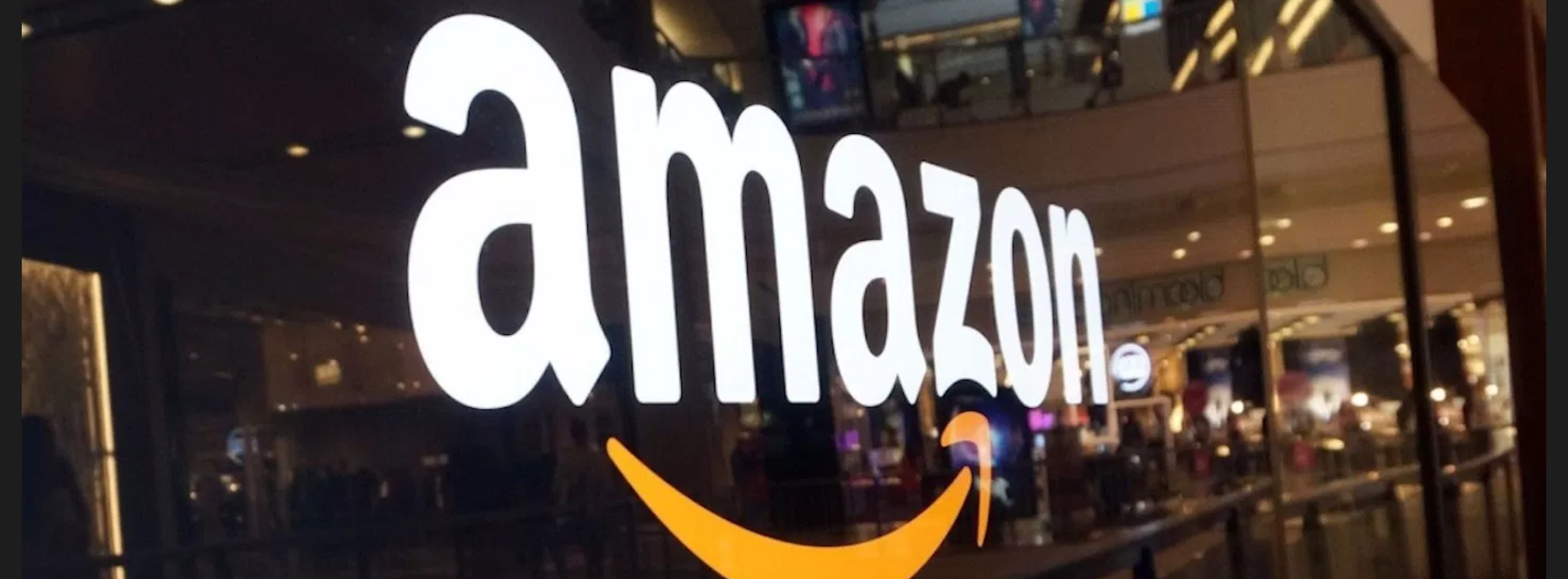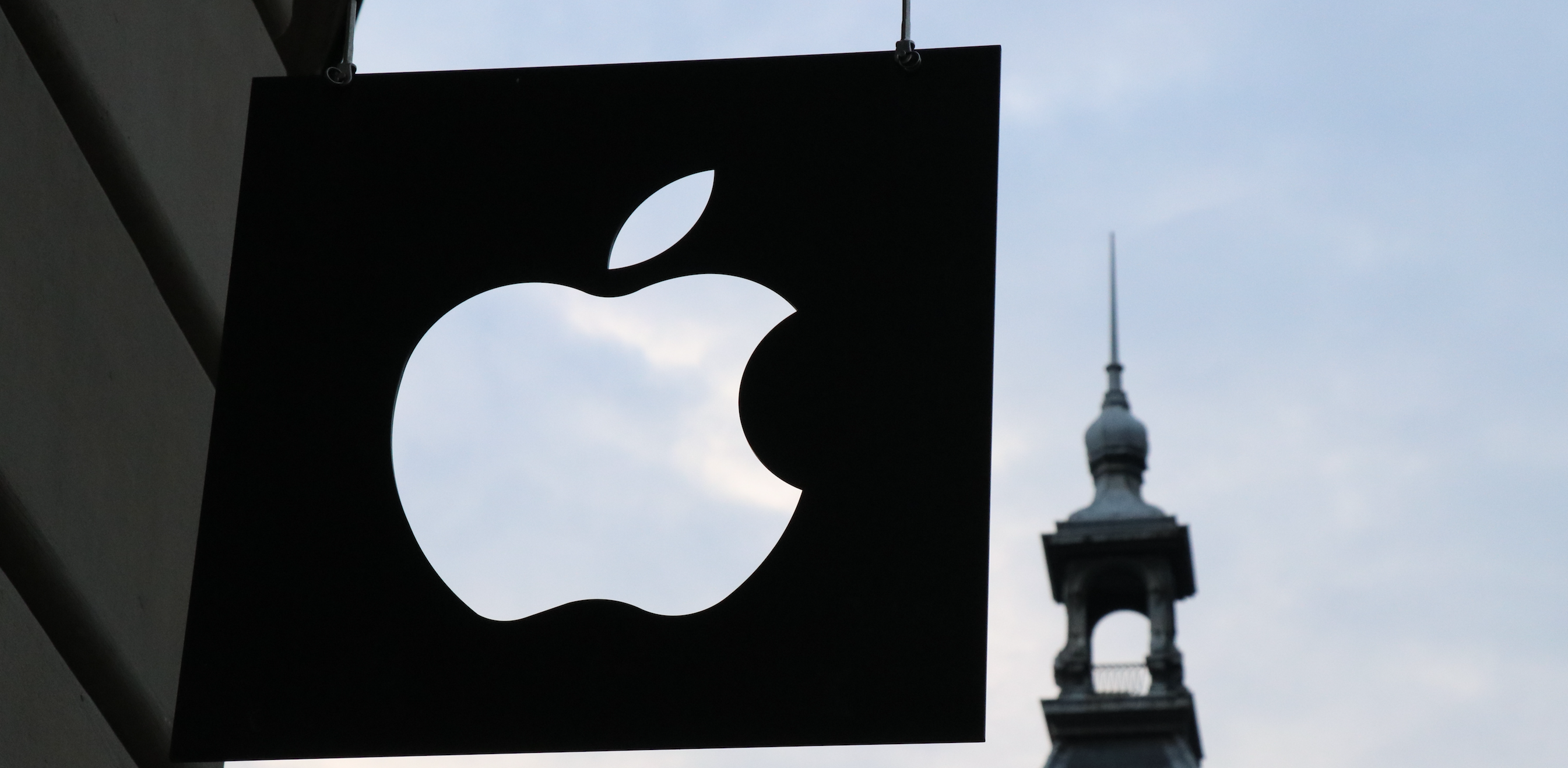Putting Data in Action: Why Consumers Expect It — and Deserve It
June 25, 2025 | 2 min read

 Blog
Blog
Sept 5, 2017|0 min read
Copied
This week we look into how tech giants like Apple and Amazon have positioned themselves to rival banks.

As the fintech universe expands, so do the number of preferred banking options. Even tech giants such as Amazon, Apple, and Google are starting to leave their footprint in financial services, and as Tanaya Macheel points out, the threat isn't what we think it is. She writes, “For Amazon, it’s more about disrupting banks, not necessarily displacing them. To date, the Seattle-based e-commerce giant has a foot in payments, cash, small business lending, consumer credit and an initiative to get people to shop with Amazon using their debit cards. Research also shows millennials have no love for traditional banks and would rather manage their money with a more reliable and “fun” brand like Amazon or even Facebook or WeChat.”

However grand and audacious as it may sound, the idea that tech giants already threaten banks isn't unfounded. Regarding the new and unique challenge facing traditional financial institutions, Jim Marous writes, 'Cloud computing, customer-facing artificial intelligence (AI) and advanced analytics are three capabilities that are becoming critical to the competitive differentiation of financial institutions. These capabilities are also where technology giants like Google, Amazon, Facebook and Apple have far deeper experience than legacy banking organizations. As a result, many banks and insurers are turning to technology firms to provide these core functions.'
Read more at The Financial Brand
It is no secret that the plethora of available devices has changed the way we bank, and it should. But what is the impact that these technologies will have on the future of banking? Reginald Jones gives us a peek of what that could be like. She writes, “Digital technologies including smartphones, tablets, and wearable devices have transformed the way consumers access banking services. Customers no longer have to rely on the local bank branch to make payments, check account balances, and deposit checks, which has led many to predict the demise of the retail bank. However, the latest research and insights show that, in fact, the local branch isn’t going anywhere.”
The consumer experience is top of mind when it comes to improving individuals' banking experience. After watching Bianca Lopes's presentation at Fintech TO, Amira Zubairi writes about why fintechs should put more emphasis on human identification in order to build a focused and personalized consumer experience. Zubairi writes, 'With approximately 7.5 billion people in the world, and the amount of devices and platforms people use, it can be challenging for companies to understand the real identity of their customers. Consequently, banks, FinTechs, and other players may not be able to offer the best value to their target users.'
FinovateFall is around the corner. The latest in fintech innovation will be discussed and Julie Muhn prepares you for the most prominent of topics. She writes, 'Anyone who works in fintech knows that the past few years have been a roller coaster ride of trends. So what’s next? How will the year close out? As we wait for the next four months to unfold, one of the best indicators of fintech trend swells is to watch what companies showcase at FinovateFall (coming up Sept. 11-14).'
As banks continue with laborious and lengthy loan application processes, a growing frustration is leading more and more customers looking for another, more modern option. PYMTS writes, 'More often than not, what distinguishes modern lenders from traditional banks is their affinity for adopting technology...This frustration with banks creates an opening for online lending platforms to swoop in and offer an alternative. And, as awareness of online alternative lending options increases, banks are under higher pressure to match those offerings.”
The perspective of entire generations regarding personal financial management has changed in the wake of the financial crisis 10 years ago. It also happened to coincide with the advancement of mobile technology. With the newfound perspective and technology, Lawrence Wintermeyer looks at the birth of fintech from the ashes of this crisis. He writes, “The bank bashing and demand for fairer and better products following the crisis was universal. This along with the availability of cheap money and the abundance of talent made available through the loss of banking jobs all came together to drive a decade of new FinTech 1.0 startups with grand visions of transforming financial services.”
June 25, 2025 | 2 min read
June 23, 2025 | 2 min read
June 10, 2025 | 2 min read
